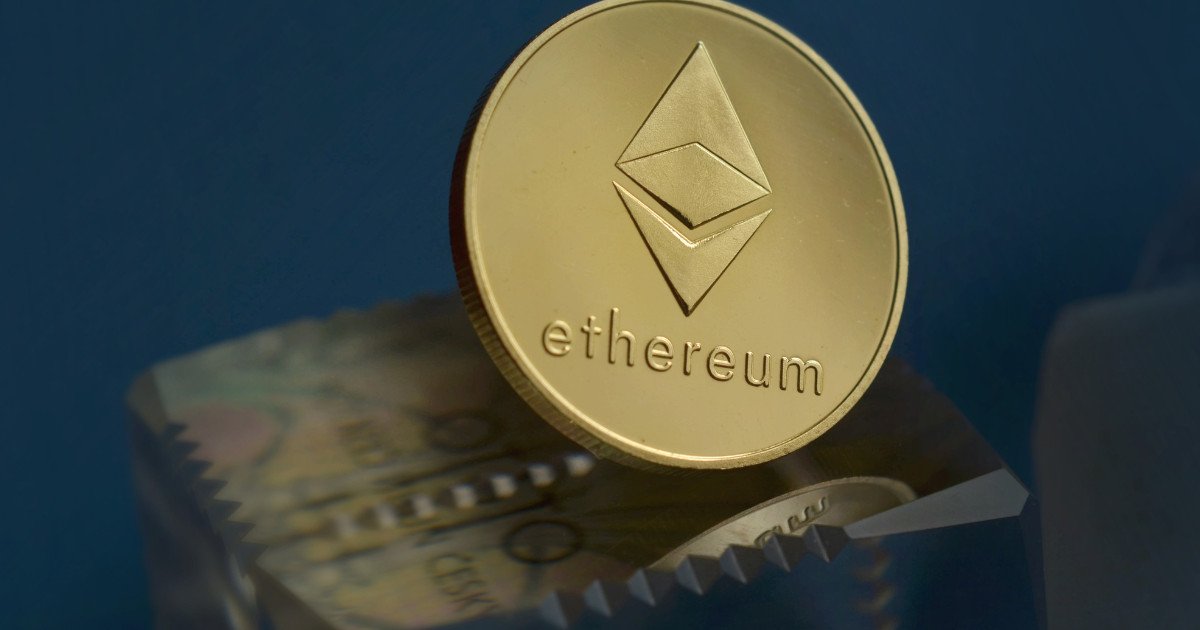Low-Risk DeFi Finds Its Footing
Buterin emphasized that DeFi, once considered risky and experimental, has reached a new level of stability. He described a shift toward what he calls “low-risk DeFi” — reliable applications like token swaps, stablecoin savings, and lending platforms that mirror traditional finance but operate on open, global infrastructure.
“Three years ago, DeFi always came with major risks,” Buterin said, noting how hacks and bugs once threatened the ecosystem. “Now, hacked funds have dropped from about 5% of total DeFi value in 2019 to around 0.02% this year.”
TOKEN2049 | Xiao Feng in Conversation with Vitalik Buterin: Low-risk DeFi Maturing, ZKID May Spur New Financing Models
Vitalik Buterin discussed Ethereum’s growing low-risk DeFi sector and the potential of innovations like zero-knowledge identity (ZKID) to transform finance and… pic.twitter.com/DytRIox1o2
— Wu Blockchain (@WuBlockchain) October 6, 2025
That sharp decline shows how far the industry has come. Protocols like Morpho and stablecoins such as USDC or EURC now offer 3% to 4% returns with real-world utility. For people in countries without strong banking systems, earning stable yields in digital dollars can be life-changing. It’s a sign that DeFi is no longer just for crypto insiders—it’s becoming a part of global finance.
ZKID and the Future of Financing
When asked about new directions beyond finance, Buterin pointed to ZKID, a blockchain-based identity system powered by zero-knowledge proofs. This technology allows users to verify information—like creditworthiness or age—without revealing personal data. “Centralized databases always get hacked,” Buterin said. “ZKID lets you prove who you are safely.”
While most identity projects like Self and Rarimo are using Groth16, @therealyingtong tells us about how zkID does something a little different.https://t.co/culwfTYlUM pic.twitter.com/jS89EX1pts
— Zero Knowledge Podcast (@zeroknowledgefm) September 4, 2025
Dr. Xiao Feng added that each industrial revolution has been tied to a financial one. Just as banks fueled the Industrial Revolution and venture capital drove the tech boom, he suggested that blockchain and AI could spark a “digital financial revolution.” Entrepreneurs could someday raise funds globally using ZK-based identity tools instead of relying on traditional venture capital.
A New Balance Between Trust and Innovation
As Ethereum applications evolve, Buterin believes the line between financial and non-financial use cases will blur. Social networks might integrate payments, while DeFi apps may add community features. Even as some centralization remains—like stablecoins requiring issuers—Ethereum’s core values of openness and user control continue to protect participants.
Disclaimer
The information discussed by Altcoin Buzz is not financial advice. This is for educational, entertainment, and informational purposes only. Any information or strategies presented are the thoughts and opinions of the writer/reviewers, and their risk tolerance may differ from yours. We are not responsible for any losses you may incur due to any investments directly or indirectly related to the information provided. Bitcoin and other cryptocurrencies are high-risk investments; therefore, please conduct your due diligence. Copyright Altcoin Buzz Pte Ltd.
The post How Vitalik Buterin’s ZKID Could Ignite the Next Wave of DeFi? appeared first on Altcoin Buzz.
This articles is written by : Nermeen Nabil Khear Abdelmalak
All rights reserved to : USAGOLDMIES . www.usagoldmines.com
You can Enjoy surfing our website categories and read more content in many fields you may like .
Why USAGoldMines ?
USAGoldMines is a comprehensive website offering the latest in financial, crypto, and technical news. With specialized sections for each category, it provides readers with up-to-date market insights, investment trends, and technological advancements, making it a valuable resource for investors and enthusiasts in the fast-paced financial world.

